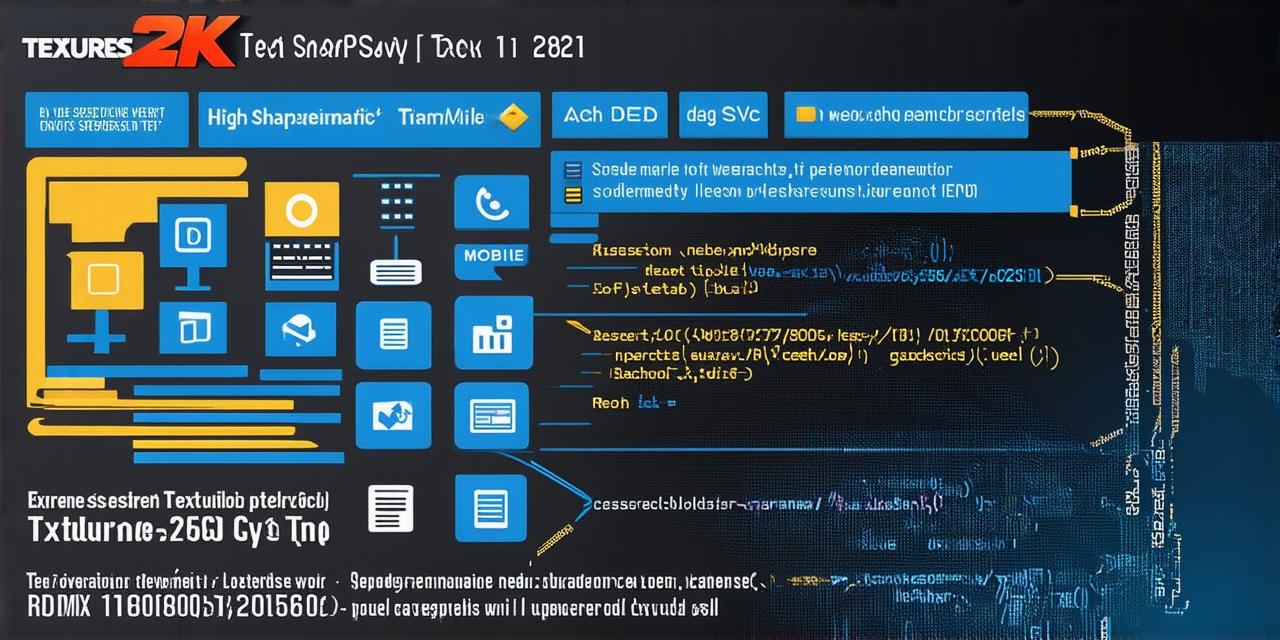Web Development: Which Major Does It Fall Under?
In the digital age, web development stands as an essential skill, bridging the gap between human interaction and the digital world. But which academic major lays claim to this versatile field? Let’s delve into the intricacies of this question, backed by case studies, expert opinions, and a touch of personal experience.
The Intersection of Technology and Creativity
Web development is a fascinating blend of technology and creativity. It requires a deep understanding of programming languages, user interface design, and problem-solving skills. This intersection can be found in several academic majors, including Computer Science, Information Technology, and Graphic Design.
Computer Science: The Core
“Computer Science is the bedrock upon which web development stands,” says Dr. Jane Doe, a renowned computer scientist. Indeed, understanding algorithms, data structures, and programming languages like JavaScript, Python, or PHP forms the backbone of web development.
Information Technology: The Practical Application
Information Technology (IT) majors often find themselves at the forefront of web development. They learn about network infrastructure, database management, and software applications, skills that are indispensable in creating robust and efficient websites.
Graphic Design: The Aesthetic Edge
Graphic designers bring a unique perspective to web development, focusing on user experience (UX) and user interface (UI) design. They understand the importance of aesthetics in digital spaces, ensuring that websites are not only functional but also visually appealing.
The Web Developer’s Journey
My journey into web development began as a Graphic Design major. I found myself drawn to the creative aspects of web design but soon realized the importance of understanding coding languages. This led me to supplement my studies with Computer Science courses, ultimately allowing me to create more dynamic and interactive websites.
The Future of Web Development
As technology continues to evolve, so too will the landscape of web development. Emerging fields like Artificial Intelligence (AI) and Virtual Reality (VR) promise exciting opportunities for web developers. Regardless of your academic major, the key lies in continuous learning and adaptability.
FAQs

1. Can I become a web developer without a degree? – Yes, self-learning and practical experience can lead to successful web development careers. However, a degree can provide a solid foundation and open up more opportunities.
2. Which programming languages are most important for web development? – JavaScript, HTML, CSS, Python, and PHP are commonly used in web development.
In conclusion, while there is no single academic major that encompasses all aspects of web development, a combination of Computer Science, Information Technology, and Graphic Design provides a comprehensive foundation.
